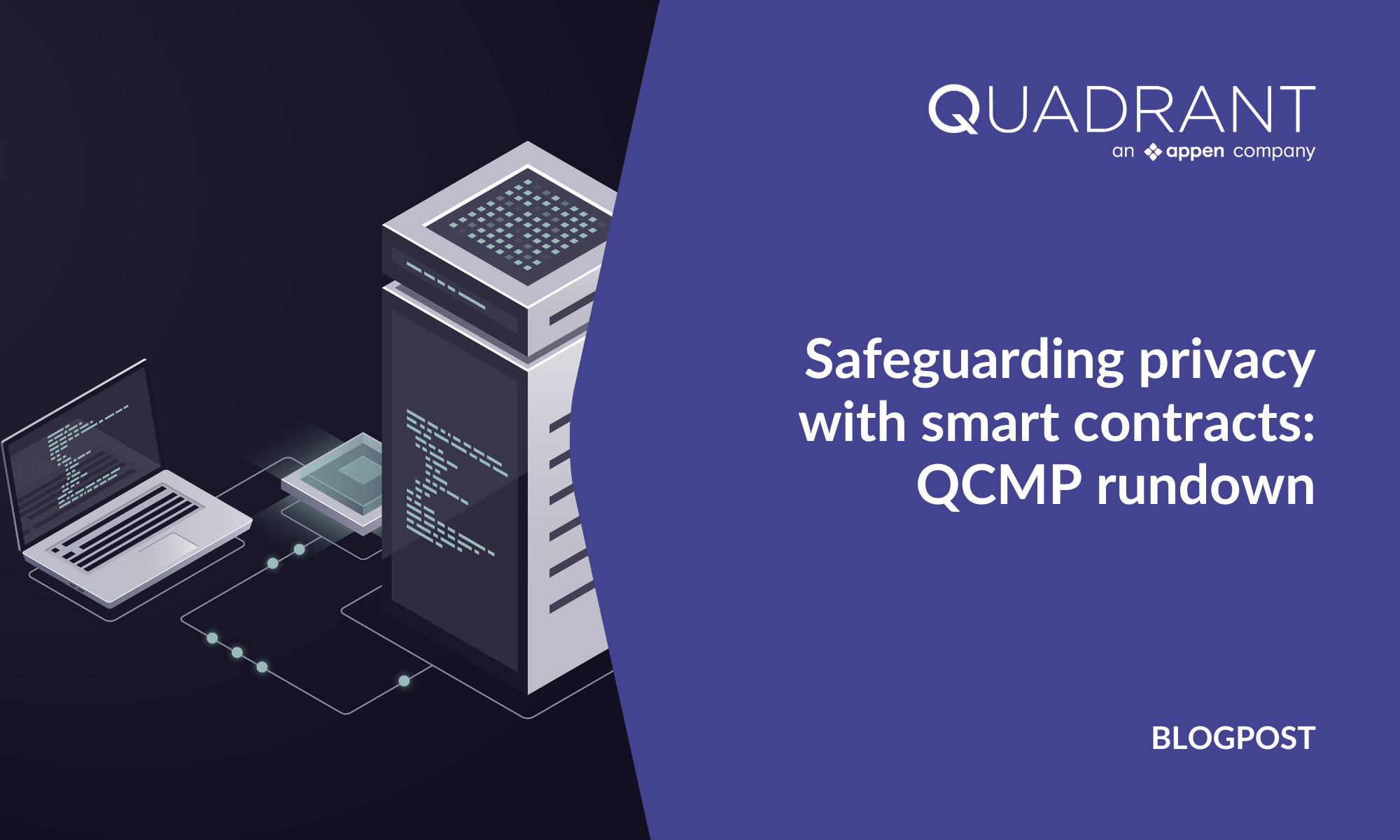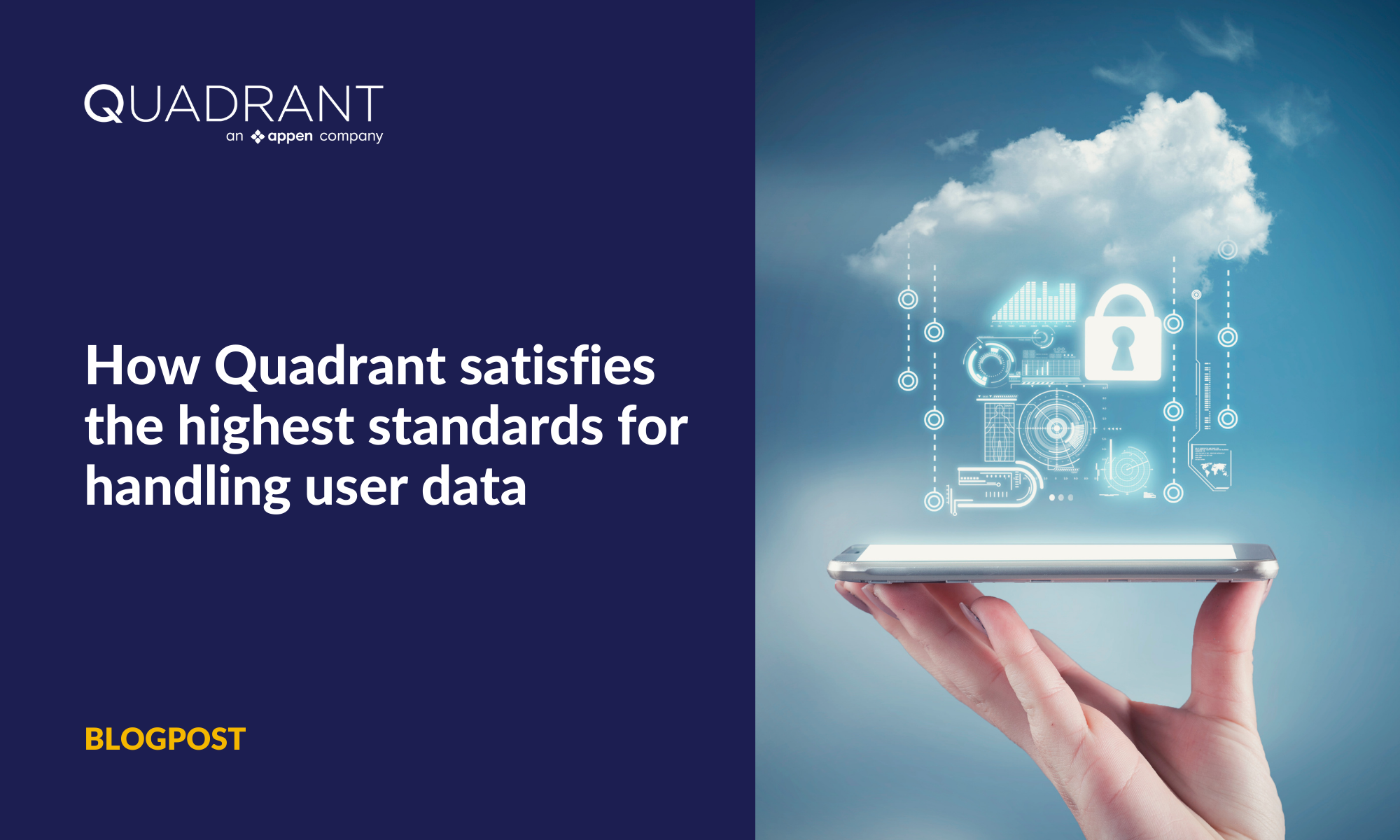Data-driven decision making has been fuelling business success for over two decades now. The vast amount of data available on digital platforms and complex IoT networks made up of numerous devices and applications present many growth opportunities for businesses.
With the rapid increase in mobile usage, businesses have been gathering and using user data on mobile apps to:
- Improve the ROI of their marketing and advertising efforts
- Deliver personalised experiences to users
- Improve sales and retain and grow their customer base
- Conduct research and optimise public services, and more.
The Regulatory Evolution
With great power comes great responsibility!
Data privacy regulations like the CCPA and GDPR exist to control how data collectors track individuals on websites and mobile devices. These laws have highlighted the need for privacy and how user data should not be considered a free-for-all resource. Data privacy regulations put users in control of their information and empower them to set boundaries around its usage. There are strict penalties for exploiting data, which leads us to the heart of the matter: getting your app users' permission to gather, process, and retain their data, collectively known as consent management.
Mobile Data Collection and the Importance of User-Centricity
Several studies1 have revealed that up until 2018, data collection and sharing on mobile apps were mostly unregulated. This led to large volumes of data gathered and exchanged without the users’ permission or consent. These practices ignited an outroar around data privacy and infringement of individual rights, ultimately resulting in regulators turning their attention to the collection and usage of personal data.
As a mobile app publisher, you have a great wealth of data at your fingertips. However, considering the new compliance requirements, not addressing user consent can lead to monetary fines, reputation damage, and loss of consumer trust and business.
Best Practices for a User-Centric Consent Management Strategy
The key is not to treat regulatory compliance as yet another box to tick, but rehaul your data operations around user consent. Most prominent stats2 from the past few years show that Mobile app usage has grown exponentially in the past few years, so consent management on mobile should be a major part of your compliance strategy.
To establish compliance with consent conditions within data privacy regulations, you must:
- Assess applicable regulations and the terms and conditions for user consent
- Build a transparent framework to let users permit or prevent the collection of their data
- Let users modify consent parameters with ease
- Maintain a record of when consent was obtained, altered, or withdrawn
- Ensure utmost security and integrity of data collected via consent management systems
- Formulate terms of consent to accurately convey what data is being collected, consistent with data privacy laws in the region
- Keep the interface visually simple and uncluttered to avoid user frustration
- Build an integrated Consent Management system to automate the collection of consent
Consent Management Platform for Mobile Applications
The mobile landscape is ever-evolving, where things around privacy and location management can change overnight with new OS releases and updates. If you are a small-medium business or an independent app developer, you might not have the in-house expertise to build your own consent management tools.
Even if you manage to build one, the cost, effort, and time required to keep it up to date can be taxing. Moreover, the diversity in data privacy regulations requires legal expertise and your obligations don't end once consent is obtained. You must keep up with changes in regulatory guidelines and new laws as they are introduced.
It is faster, easier, and safer to use a plug-and-play solution. A Consent Management Platform is a self-sufficient compliance tool that offers your users complete choice and control over their data while ensuring minimum liability for your business.
A CMP can help:
- Eliminate the need to build an internal tool without the necessary legal know-how
- Fulfil consent requirements stipulated by diverse global regulations
- Avoid monetary losses due to non-compliance fines, lawsuits, and remediation costs
- Monetise your mobile application ethically and to gain and retain user trust
- Manage near real-time consent data trails for audits and regulatory reporting
In a follow-up post, we will discuss how you can choose an ideal CMP for your mobile applications. We will discuss the questions to ask your CMP provider and detail specific consent conditions within various regulations. To learn more about Quadrant's Consent Management Platform for Mobile Click Here
1 - Publicly published study from University of Oxford
2 - Compilation on MindSea
Ready to add an ethical, hassle-free revenue stream to your business? Check out our SDK integration guides from our technical resources to add Quadrant's Location SDK and CMP to your app today. Alternatively, fill out the form below and one of our monetization experts will be happy to answer any questions and get you started.



-1.png?width=730&name=ebook%20(1)-1.png)


